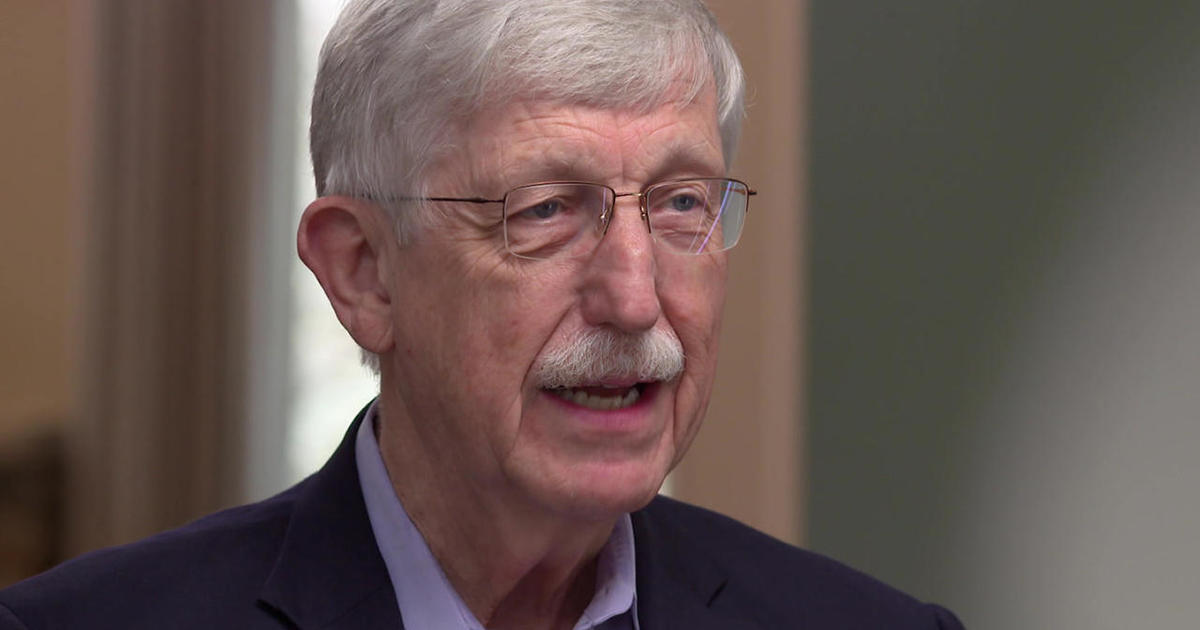Francis S. Collins, the former director of the National Institutes of Health (NIH), recently disclosed his battle with prostate cancer in an essay featured in The Washington Post. After noticing a rise in his prostate-specific antigen (PSA) levels, Collins underwent further tests, which revealed a worrisome tumor and an escalation in his PSA levels, indicating a more aggressive form of cancer.
Despite the daunting diagnosis, Collins remains optimistic as scans have shown no signs of cancer beyond the primary tumor. Scheduled for a radical prostatectomy later this month, he expresses hope for a successful outcome, emphasizing the importance of early detection and urging men to prioritize their health.
Collins also highlights disparities in prostate cancer treatment, particularly affecting Black men, who face a higher risk. He underscores the need for increased awareness and equitable access to screenings and treatments.
By sharing his personal journey, Collins aims to destigmatize discussions around prostate cancer and empower men to seek necessary medical attention. His advocacy aligns with the ongoing efforts of initiatives like the Cancer Moonshot, striving to revolutionize cancer care and save lives.


















